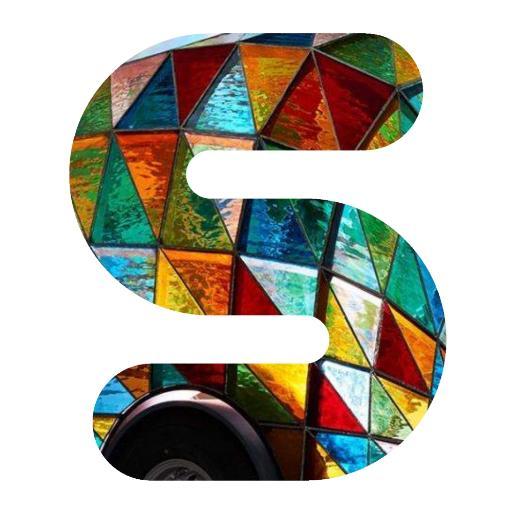 A few weeks ago, Nick Corston's STEAM "engine" arrived at the UTC in Liverpool, the venue for the launch of a campaign to put Art and creativity into STEM education at primary school level. Taking inspiration from many of the views expressed by leading educationalist Sir Ken Robinson and Guy Claxton, STEAM Co are mobilising parents, teachers and commercial and charitable organisations into a pro-active role in the education of our children. You can read about the ethos, origins and mission of STEAM Co at their web site. The emphasis, at least for now, is on primary schools, but it occurred to me after talking to Nick on his first visit to the Life Sciences UTC, that his vision was so powerful that it should be at the heart of any education programme, from primary through to CPD in the work place (and including all levels of HE). What was it that made me think?
A few weeks ago, Nick Corston's STEAM "engine" arrived at the UTC in Liverpool, the venue for the launch of a campaign to put Art and creativity into STEM education at primary school level. Taking inspiration from many of the views expressed by leading educationalist Sir Ken Robinson and Guy Claxton, STEAM Co are mobilising parents, teachers and commercial and charitable organisations into a pro-active role in the education of our children. You can read about the ethos, origins and mission of STEAM Co at their web site. The emphasis, at least for now, is on primary schools, but it occurred to me after talking to Nick on his first visit to the Life Sciences UTC, that his vision was so powerful that it should be at the heart of any education programme, from primary through to CPD in the work place (and including all levels of HE). What was it that made me think? When I am asked to try and capture the essence of the Innovation Lab experience (where students engage in a programme I call Research Enhanced Active Learning, or REAL for short) I immediately think of the tangible spark of energy that is produced when a student is given the freedom to propose their own idea for a research project. In thermodynamics, I liken this to the concept of "activation energy". (as shown on the RHS). Reactants often require an injection of energy before they can be converted to products at a lower energy state, and in living organisms, enzymes often remove this barrier. In terms of engagement in science, the activation energy can be overcome by student enthusiasm, the first indispensable element of the REAL programme. When I sat and planned my 10 minute presentation on the value of "Art" in Science, I realised that REAL and STEAM were two sides of the same coin. And while we benefit from the amazing lab facilities at the UTC, these are secondary to "turning over the stone" to reveal the creative spirit.
Nick Corston brought a group of enthusiasts from the Arts, business, education and charities together and then he drove the agenda, making me (if not all the speakers) challenge everything I said in an invigorating way. I am looking forward to returning to my University job in the new academic year, suitably fired up by Nick Corston's STEAM power!
No comments:
Post a Comment